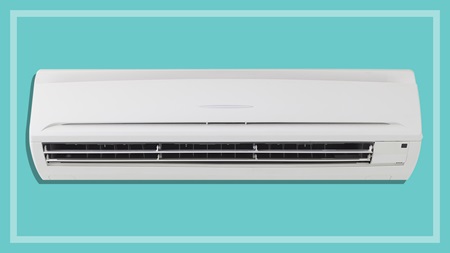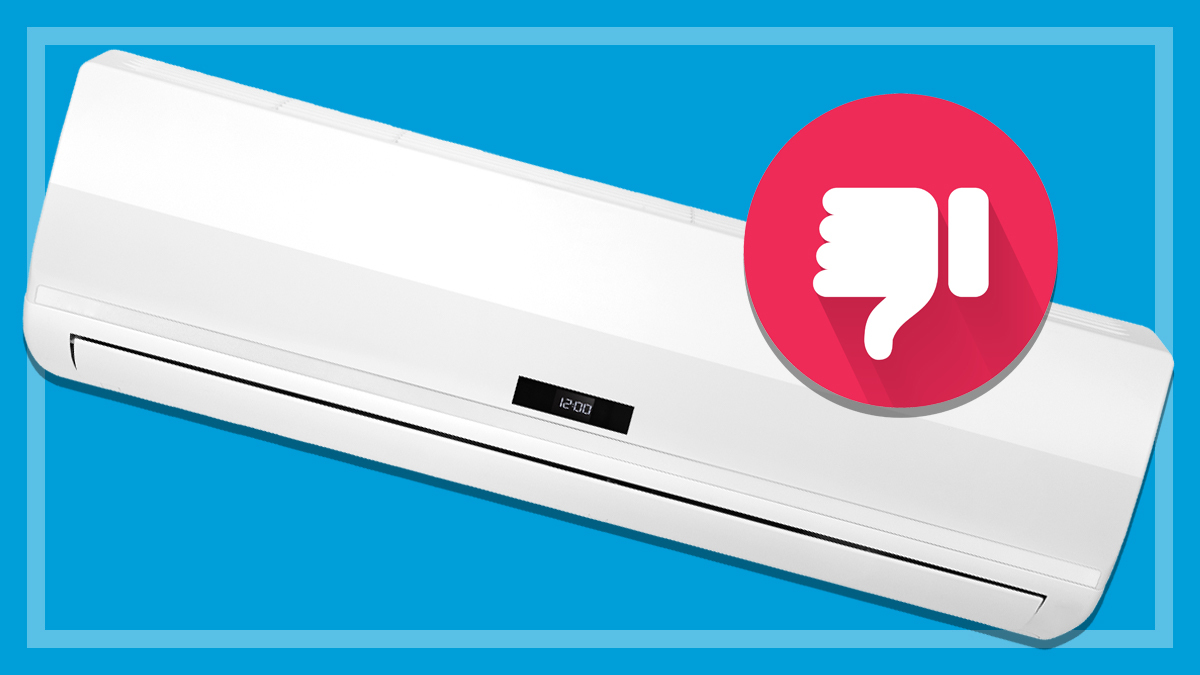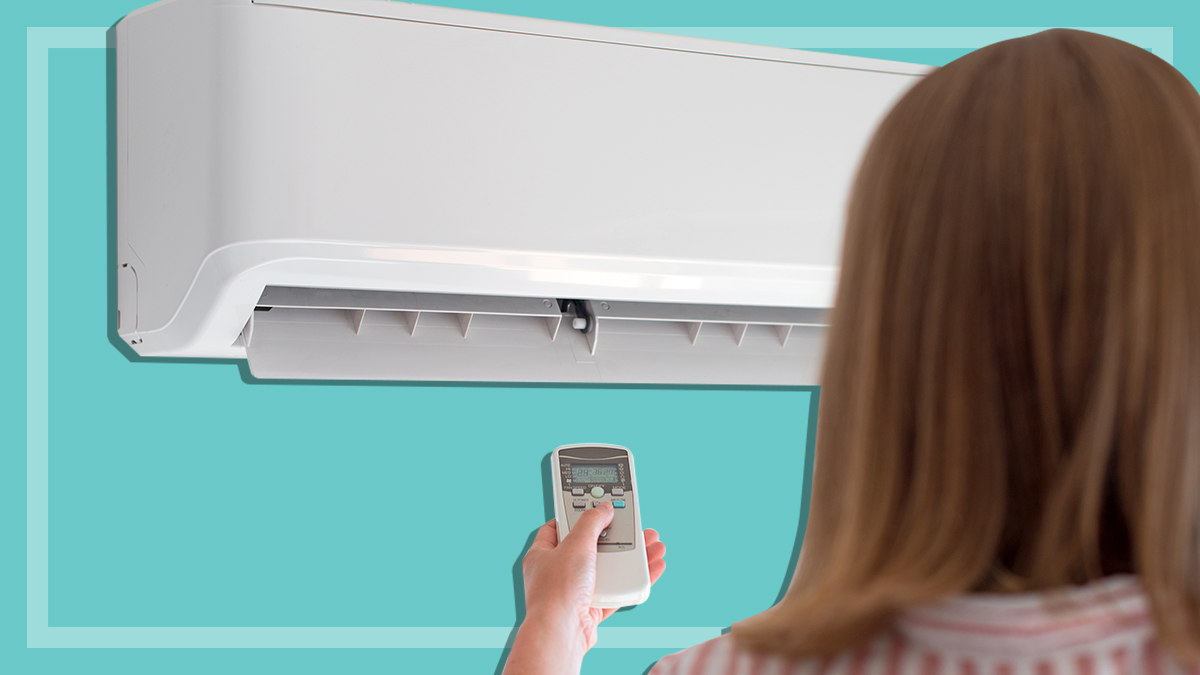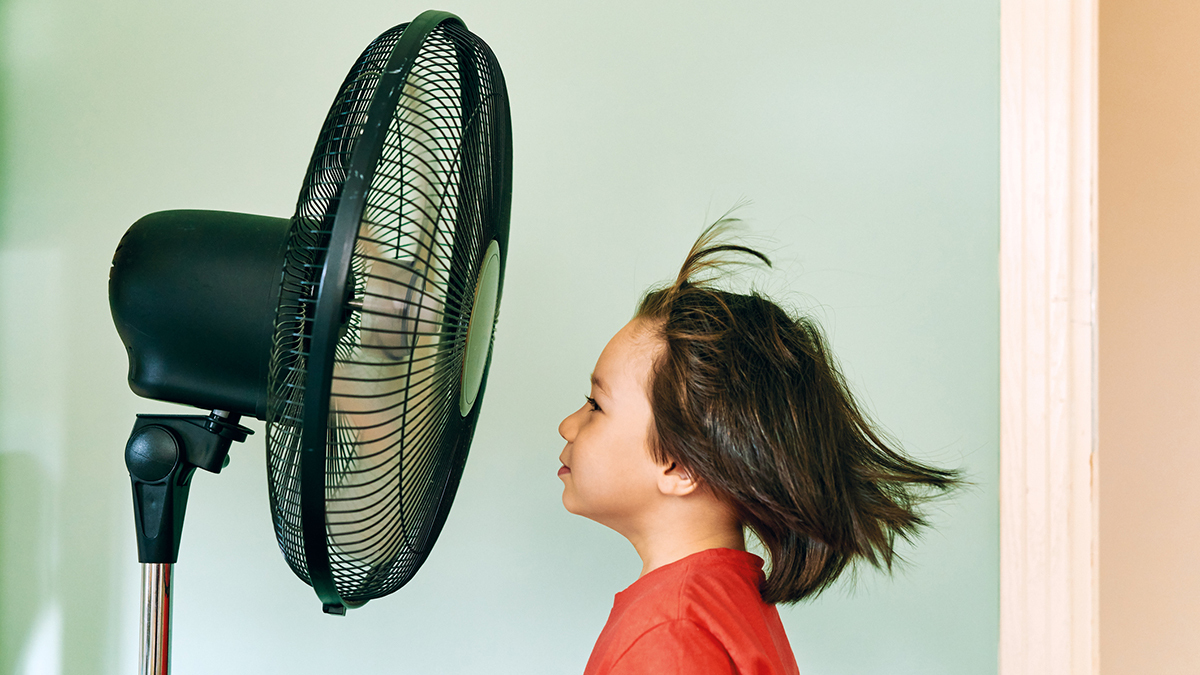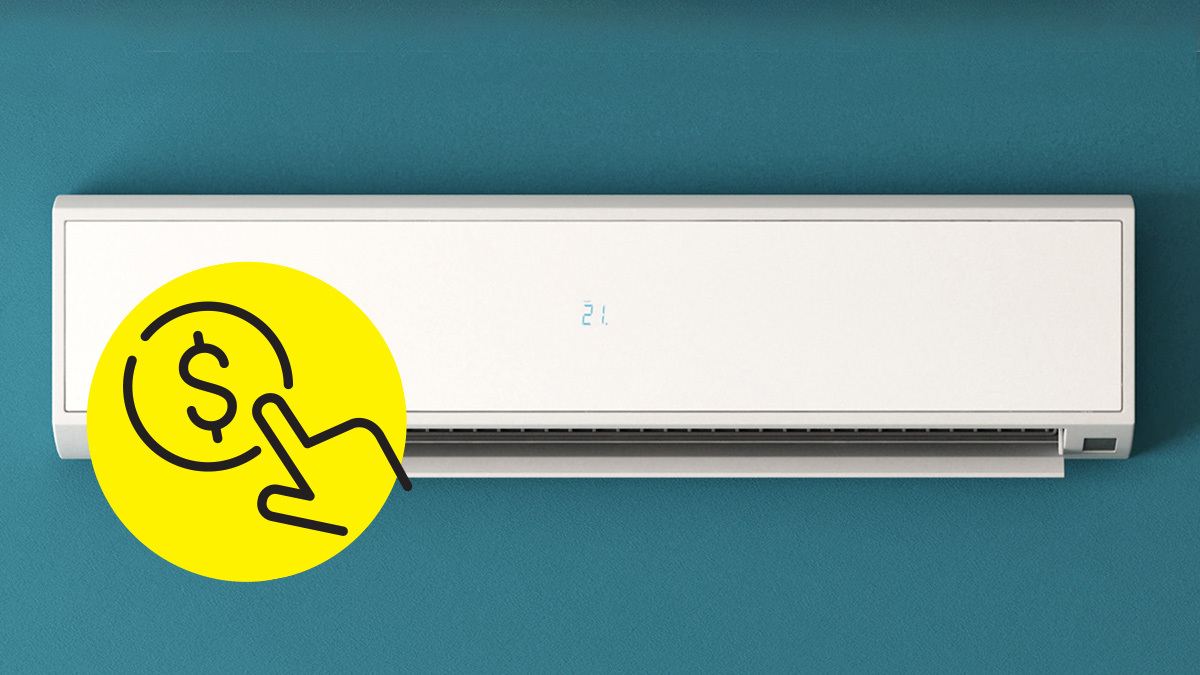Get our independent lab tests, expert reviews and honest advice.
Why cleaning your appliance filters actually saves you money
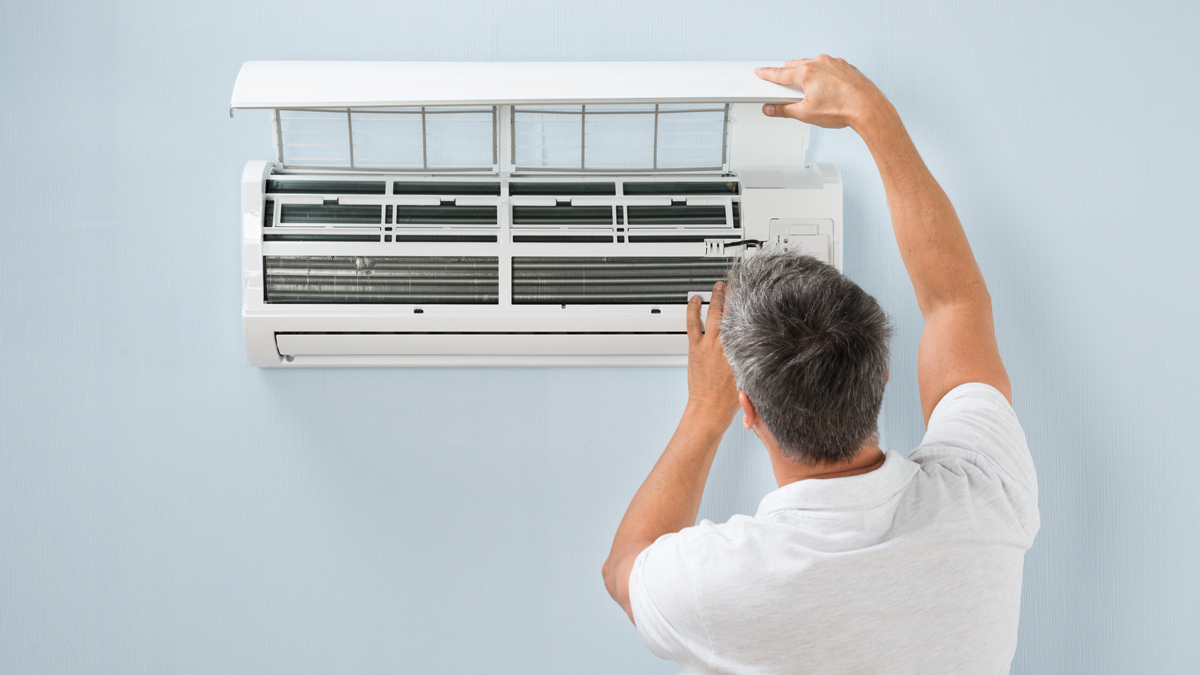
Cleaning the filters on your air conditioner, dryer, dishwasher, vacuum and other appliances isn’t the most thrilling prospect, but if you like saving money, get excited: investing a little bit of time keeping them in good shape will pay off in the long run.
Not only can it reduce your electricity bills, it’ll also help you avoid unexpected costs like technician call-out fees, replacement parts, and even having to buy a whole new machine.
You won’t see the money in your pocket immediately, but your future self will thank you
So while you won’t see the money in your pocket immediately, your future self will thank you for your efforts.
Plus, the more often you clean your filters, the quicker the job will be each time – so not only will you save money, you’ll also save time.
Here are the problems a dirty filter can cause and how a quick spruce-up can translate to savings.
Why cleaning your air conditioner filter saves you money
Most people think of air con as a solution to sweltering summer days, but it’s actually also the cheapest way to heat your home. If you’re paying to cool things down, you might as well take advantage of the cheaper heating too, right?
And since home heating and cooling are the biggest contributors to your electricity bill, accounting for about 40% of energy use in the average Australian home, it makes sense to get your air con running as efficiently as possible.
If your air conditioner’s filter is clogged with dust, the air can’t flow through as easily, so it’ll have to work harder. That means that energy use will go up (along with your power bill) and performance will go down.
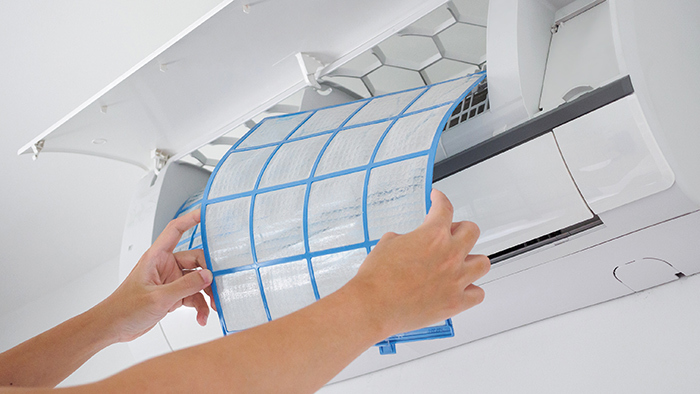
“There are estimates that a clogged filter can add 5–15% energy consumption onto the machine,” says CHOICE household expert Chris Barnes.
“What I suspect is that it might use a similar amount of energy but you’re getting up to 15% less performance because it simply can’t move the air through.
“But whichever way you look at it, you’re paying more on your energy bill but getting less performance simply because the air conditioner can’t blow the air out into the room.”
If your air con is playing up, before you book in a technician to fix it, do a quick DIY filter clean. It’s the very first thing a technician would do anyway, so you could avoid having to pay hefty call-out fees if a clean filter sorts the problem.
Read our step-by-step guide: How to clean your air conditioner filter.
Why cleaning your dishwasher filter saves you money
You’ll not only save money by cleaning your dishwasher filter – you’ll also save time.
A grubby filter means your dishwasher can start to get whiffy as accumulated food scraps start to decompose, and your dishes won’t get as clean with those food particles potentially being re-deposited on otherwise clean crockery, so you’ll waste time (and water) washing off the bits or even re-running your machine.
Plus, the more frequently you clean the filter, the less gunk you’ll have to clean off each time, making the job quicker and easier.
The more frequently you clean the filter, the less gunk you’ll have to clean off each time
Yes, time is money, but there are other cost savings to be had: cleaning your filter will prevent blockages, which can lead to serious problems (especially if food scraps make their way deep into the machine), so you’ll avoid paying a bomb in technician fees.
You’ll also save on dishwasher detergent, power and water since you won’t have to re-wash dishes that didn’t come out clean in the first place.
The biggest saving, though, is the cost of having to replace your dishwasher sooner. Take care of your dishwasher and it’ll last longer, so you won’t need to pay for a new one as frequently.
Read how to clean your dishwasher filter, plus more dishwasher cleaning tips.
Why cleaning your vacuum filter saves you money
A dirty vacuum filter really sucks. Firstly, it reduces the suction of your machine so you’ll have to vacuum for longer (and who wants to vacuum any more than they need to?), and secondly it puts more strain on your machine, so it’ll wear out faster.
A quick clean once a month – or after every few uses, depending on how often you use it – is a good investment in your time and energy. Spending a few minutes taking care of the filter will actually save you time in the long run, as well as saving you money on having to buy a new vacuum or replacement parts.
A dirty vacuum filter puts more strain on your machine, so it’ll wear out faster
If your vacuum has a HEPA filter, it needs regular cleaning too so it’ll work efficiently to remove particles that can affect asthma, dust allergies and sensitivities.
Our vacuum expert explains how to clean your vacuum (including its filters), from regular quick cleans through to once-a-year deeper cleans to keep your machine running as efficiently as possible (and saving you time).
Why cleaning your dryer filter saves you money
A blocked lint filter is a fire hazard, so your power bill isn’t the only thing at risk if you neglect this – you could be up for thousands (or even hundreds of thousands) of dollars for repairs and replacements if your dryer goes up in flames.
At the merely inconvenient (not the catastrophic) end of the scale, a blocked lint filter will also restrict airflow in your dryer, making it less effective, increasing the time it takes to dry your clothes, and therefore driving up running costs. Clothes dryers are one of the most energy-intensive appliances in your home, so the less you can run it, the better.
Running your dryer for longer is also hard on your clothes, so you may have to replace them sooner than you’d like.
Avoiding these 10 common dryer mistakes will make your dryer more efficient, reducing your bills and keeping it running for longer.
Why cleaning your air purifier filter saves you money
It makes sense: a clean air purifier makes for cleaner air – and this is especially true of keeping the filters clean.
You can wash, dry and reuse most pre-filters and carbon filters, but you’ll need to buy a replacement HEPA filter from time to time. If you give the HEPA filter a gentle brush or vacuum regularly, you won’t have to replace it as often, which will save you money.
Some air purifiers have separate filters, so you can just buy each one separately as it needs replacing, but others have an all-in-one filter cartridge, which can mean you’re replacing the entire thing when only one of the filter types actually needs replacing.
The more you use your air purifier, the more often you’ll need to replace the filter, so check our detailed review to find the best air purifiers and check annual replacement filter costs before you buy. You can also double-check each purifier’s set-up to see if they have all-in-one cartridges, which could increase the running costs.
Why cleaning your rangehood saves you money
Rangehoods are pretty cheap to run, so electricity use isn’t where your rangehood will cost you. The biggest costs you’ll face are replacement parts and replacing the entire unit due to excessive wear and tear, but regular maintenance can help minimise your spend.
Keeping things clean will help extend the life of the motor since it won’t need to work as hard to circulate the air.
If you have a ducted rangehood, cleaning the mesh filters regularly will improve the airflow and efficiency – grease and grime can really slow things down.
Greasy rangehood filters are another fire risk, so it’s worth spending the time cleaning for peace of mind and safety.
Keeping things clean will help extend the life of the motor since it won’t need to work as hard to circulate the air
Maintenance costs can add up if you’ve got a recirculating rangehood that uses carbon filters to remove odours, steam and grease and circulate the cleaner air back in the room.
Replacement carbon filters for recirculating rangehoods aren’t cheap: they’re typically $50–60, but can run to more than $200 for some models and need to be replaced anywhere from once a month to a year. However, keeping the mesh filters clean can still help the rangehood work more efficiently.

